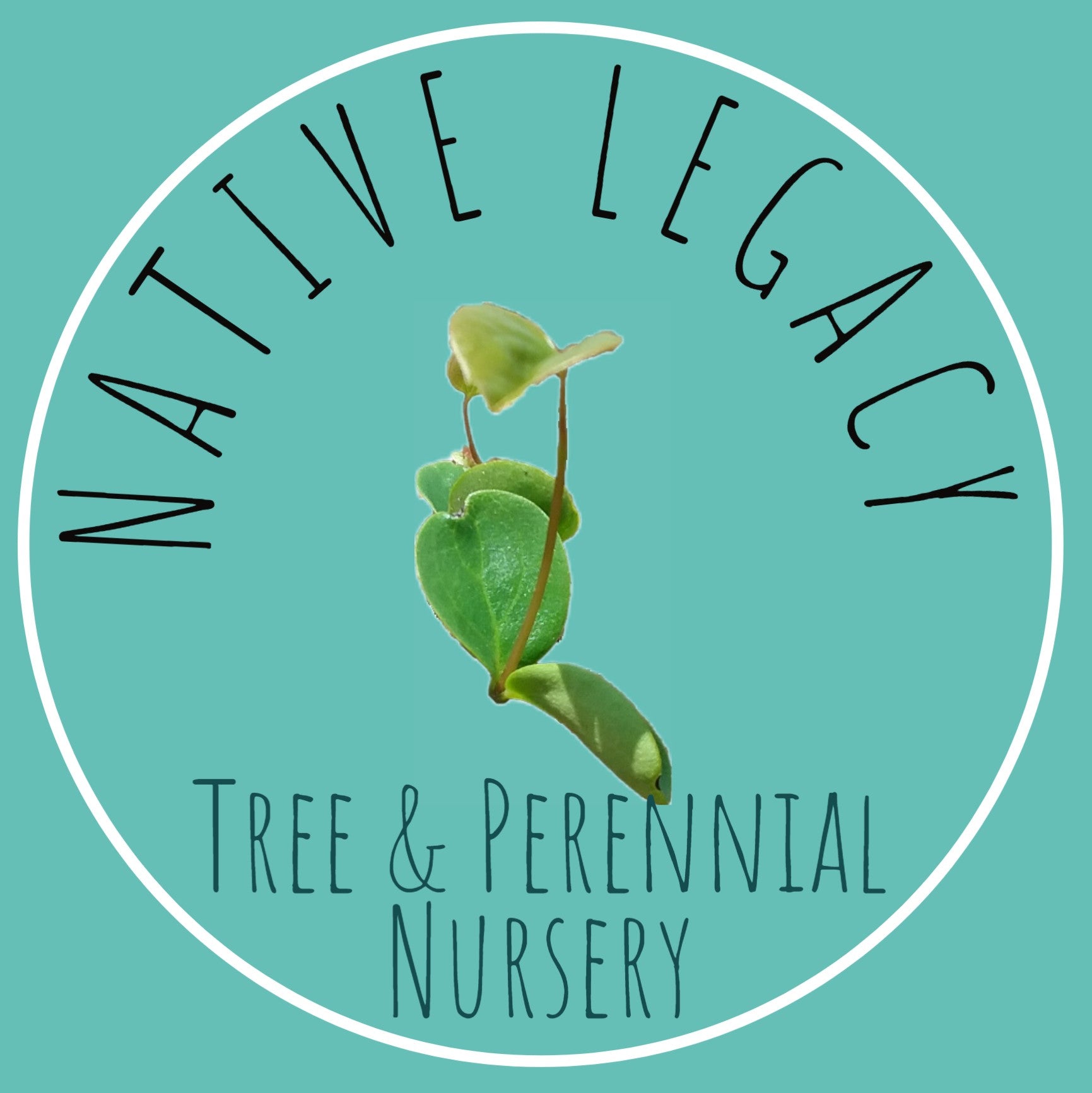I fall into the obnoxious category of people who can't stop moving. Whether you can relate or not, you will probably enjoy this philosophy:
If it doesn't need done, don't do it.
I can successfully attest that I am finally able to find my way as a grower to do less of one practice I honestly detest. Sprayin'. Working for other nurseries, I was taught to spray as standard practice, and my requests to install insect habitat were turned down. Instead we spent 10's of 1000's on chems each year, and a lot of "man hours" (or person hours).
I hate spraying.
I hate mixing, I hate fixing
I hate tyvek and I hate masks
I can't work in floppy gloves
and when I spray I can't give hugs.
I like to eat while I work
I've met too many applicators who are jerks.
I do not like chems, Sam I am.
No, it wasn't clever, but it was expressive.
And, aside from being terribly inconvenient, I know that it disrupts and kills the plants and wildlife we depend on. I also feel that it's disrespectful to think that someone smart enough to figure out how to operate and fix a sprayer and do sprayer math and account for all the variables, cannot figure out how to build and manage a dynamic ecosystem, at least at a small, urban scale.
In the past few years I invested portions of the plants I grow into my seed orchards and beneficial insect habitat. I used prunings (limbs), free mulch and dead acorns to build beetle banks. I installed milkweeds, yarrow, monarda and other mints, to name just a few. Then I stood back with a goal to be a "low-chem" grower. In the past two years, my insect pests have subdued to nearly un-noticeable.




I wanted to speak to other urban farmers to share what I've done, and how its going. In preparing some images for the PFI Conference, I actually gasped, out loud to myself. When I was tasked with applying a heavy chemical program (as is common in the nursery industry), I had more problems than the past two years, when I've stood back and allowed my insect allies to come help.




We allowed them to come back. They didn't come when the lot was barren but for turf and hostas. They came when we brought them food, water and shelter, and when we paid attention to their needs. We used to be overrun by Japanese beetles, squash bugs, paper wasps and aphids. We have so few of them these past years that we can ignore them. Now, we also have numerous bees, wasps, flies, lacewings, ladybugs, ambush bugs, soldier beetles, native mantis. It's incredible.
So, now I don't spray. I don't have to worry about spray windows or drifting. I don't have to afford chemicals. I can spend my evenings with my family and I don't have to wake up before the crack of dawn to spray. I doesn't need doing, so I don't.
And the nursery isn't as "clean" as it was with a rigorous chemical program. It's actually better.
Learn more here with Xerces and see of you're available for a cost share program for your urban farm. You can also check with your municipality for rebate programs.

